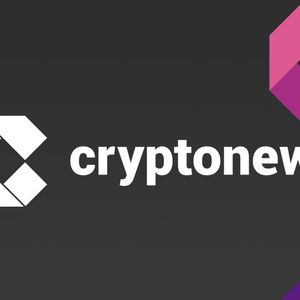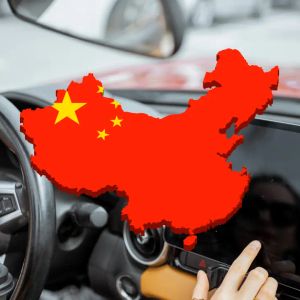When DIA and Arbitrum slashed oracle costs, dApps surged. Now, that experiment scales. Avalanche, Somnia, and others join a program turning data feeds from a cost center into a growth catalyst. According to a June 24 press release shared with crypto.news, DIA has launched its long-awaited mainnet staking program alongside a multichain Oracle Grants initiative, effectively eliminating oracle costs for developers across more than 15 blockchain ecosystems. The move, backed by partnerships with Arbitrum, Avalanche, and emerging chains like Somnia, repurposes staking rewards into subsidized oracle fees for up to 12 months on participating networks, turning DIA’s infrastructure into a self-sustaining public utility. You might also like: CZ hypes ‘BNB MicroStrategy’ as corporate reserve interest grows The mechanics behind DIA’s self-funding oracle model DIA’s model ties staking rewards on Lumina, the project’s fully onchain and trustless oracle stack, directly to usage. Each oracle update on the project’s rollup chain, Lasernet, generates a fee—recycled back into the network. This creates a feedback loop: more developers using free oracles means more transaction volume, which in turn boosts staking rewards and enhances network security. Zygis Marazas, DIA’s Head of Product, describes it as “utility staking,” a departure from passive yield farming. “Staking on Lumina is not just about yield—it’s about utility and alignment. Every DIA oracle update is an on-chain transaction on Lasernet, every transaction’s fee is reinvested into the system, and every staker plays a critical role in securing our data pipeline. This cryptoeconomic security is essential for our fully trustless oracle network, and we’re just getting started.” Zygis stated. This approach builds on an earlier pilot with Arbitrum, where a 30,000 ARB grant funded DIA’s “Oracle Gasdrop” and led to a measurable spike in developer activity. Now, with the new program, DIA is extending that same model across a broader landscape, committing over two million DIA tokens into chain-specific staking vaults. The implications could reshape how DeFi projects bootstrap liquidity. Oracles, long viewed as a non-negotiable expense, now function as a growth mechanism under DIA’s model. You might also like: Chainlink and Mastercard partner to enable onchain crypto purchases



















